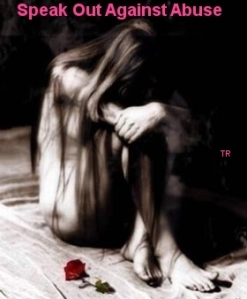You think that I can’t live without your love
You’ll see,
You think I can’t go on another day.
You think I have nothing
Without you by my side,
You’ll see
Somehow, some way
You think that I can never laugh again
You’ll see,
You think that you destroyed my faith in love.
You think after all you’ve done
I’ll never find my way back home,
You’ll see
Somehow, someday
Chorus:
All by myself
I don’t need anyone at all
I know I’ll survive
I know I’ll stay alive,
All on my own
I don’t need anyone this time
It will be mine
No one can take it from me
You’ll see
You think that you are strong, but you are weak
You’ll see,
It takes more strength to cry, admit defeat.
I have truth on my side,
You only have deceit
You’ll see, somehow, someday
Chorus2:
All by myself
I don’t need anyone at all
I know I’ll survive
I know I’ll stay alive,
I’ll stand on my own
I won’t need anyone this time
It will be mine
No one can take it from me
You’ll see
You’ll see, you’ll see
You’ll see, mmmm, mmmm













